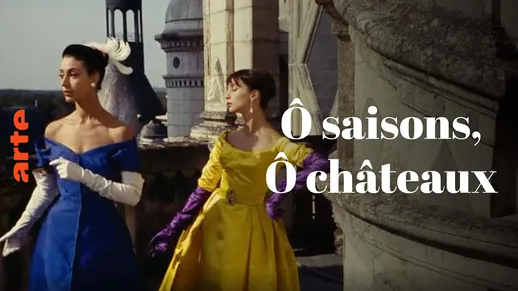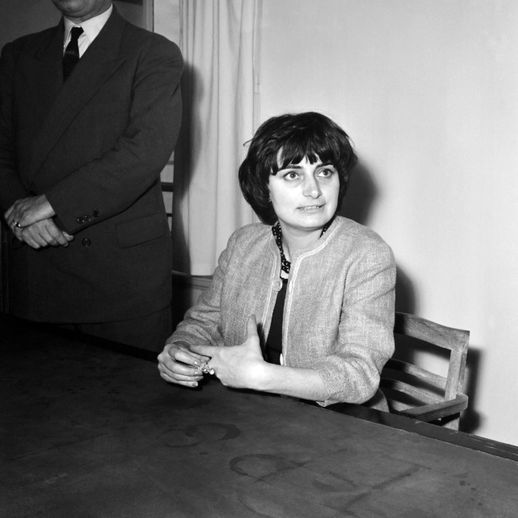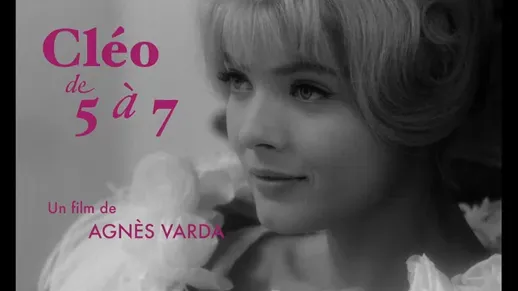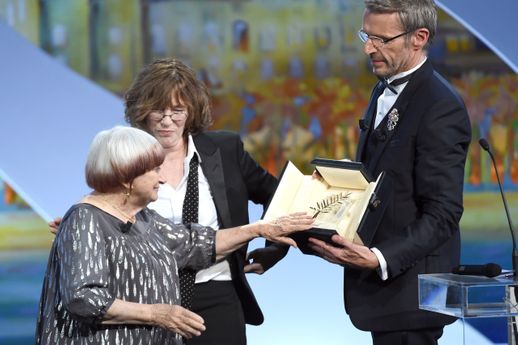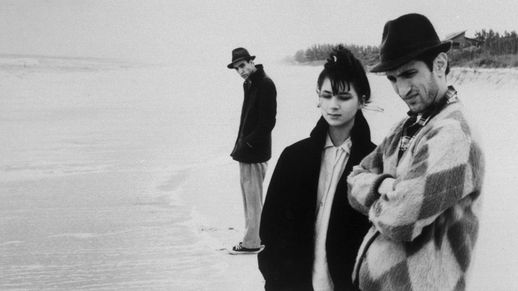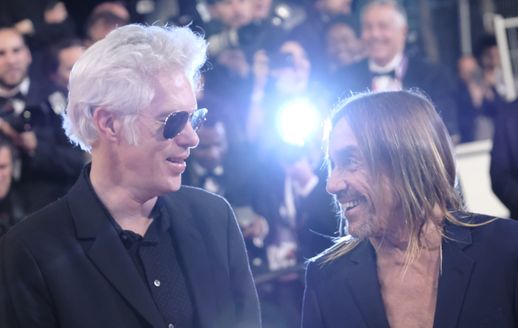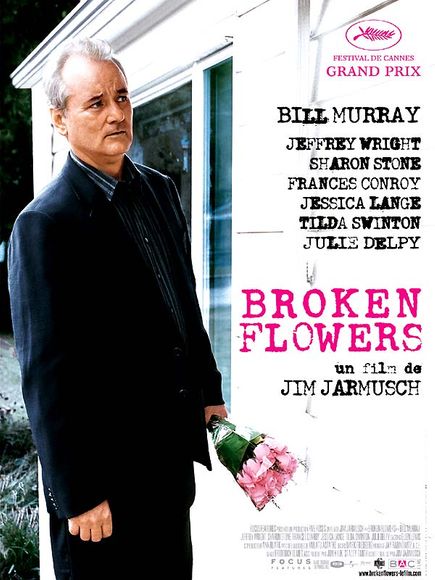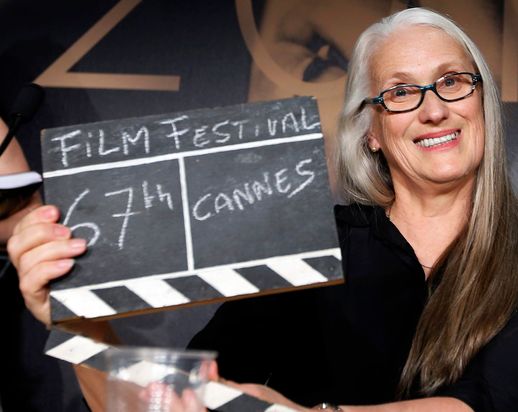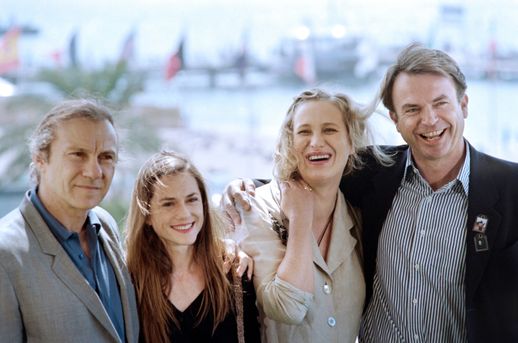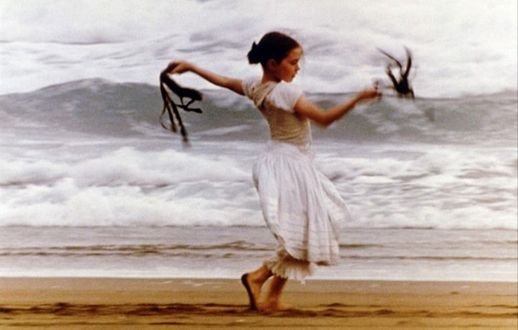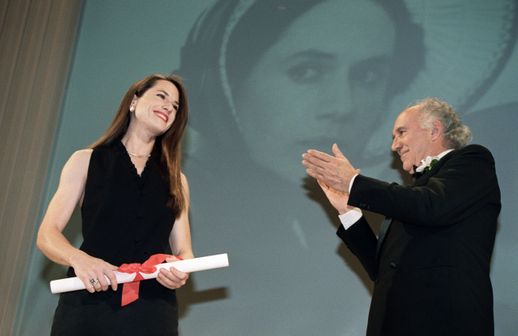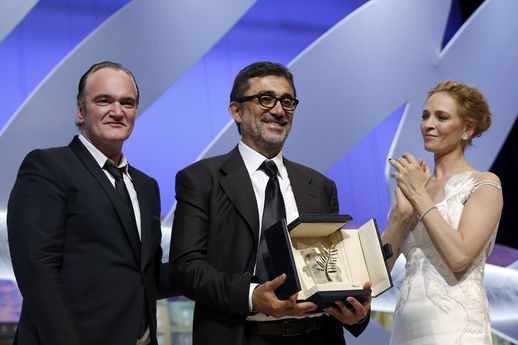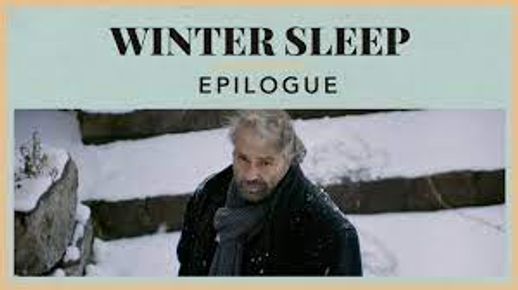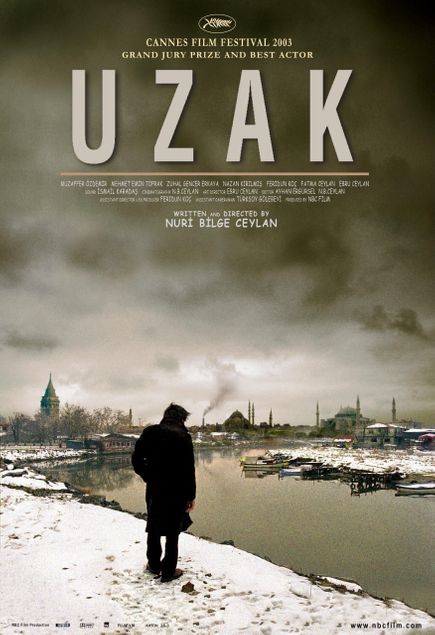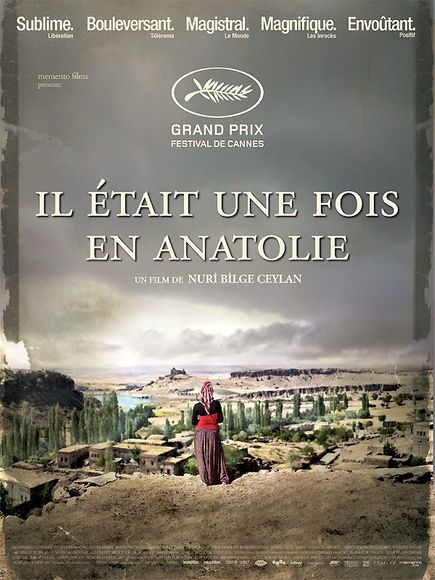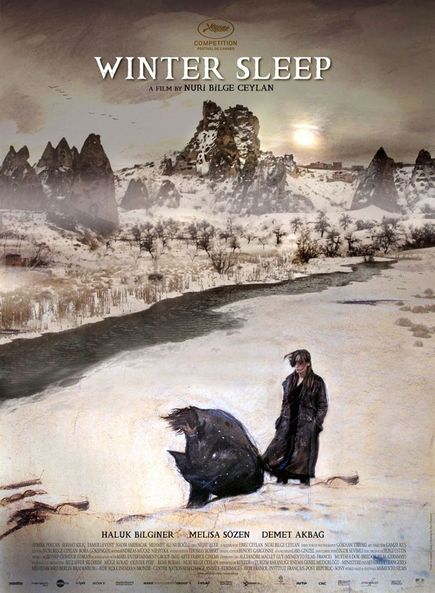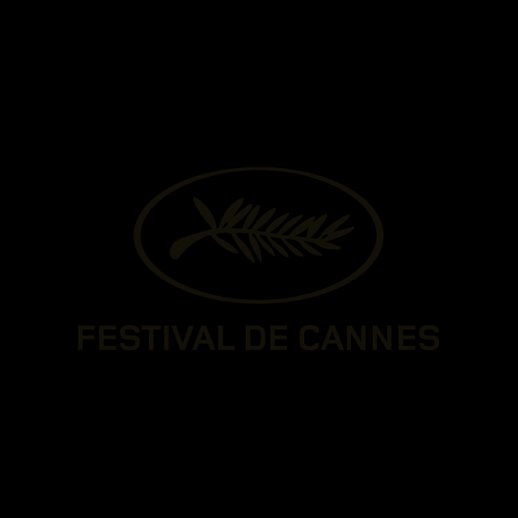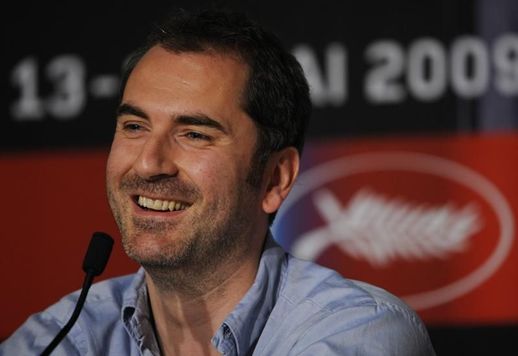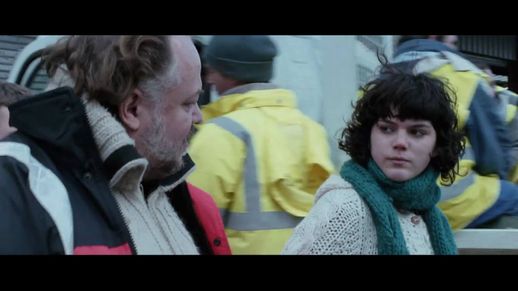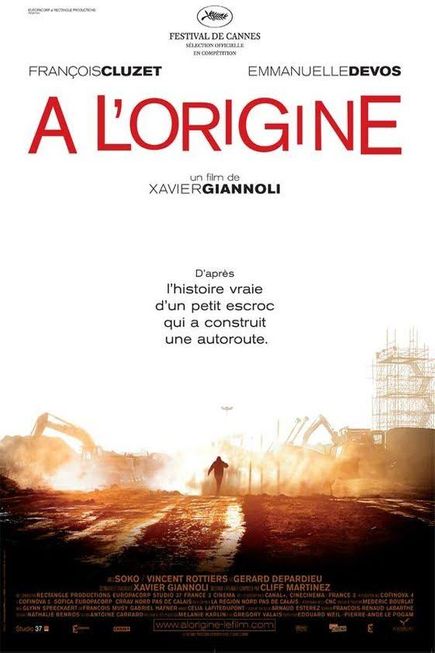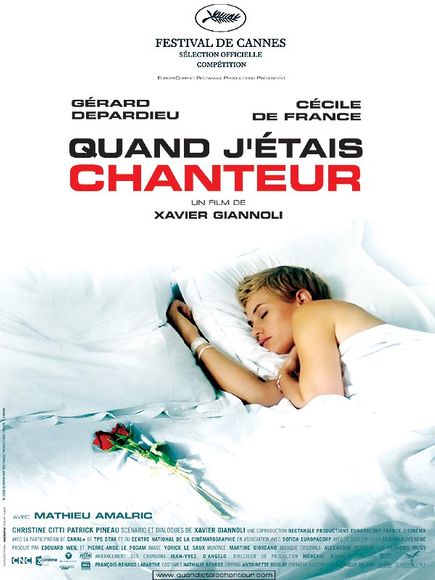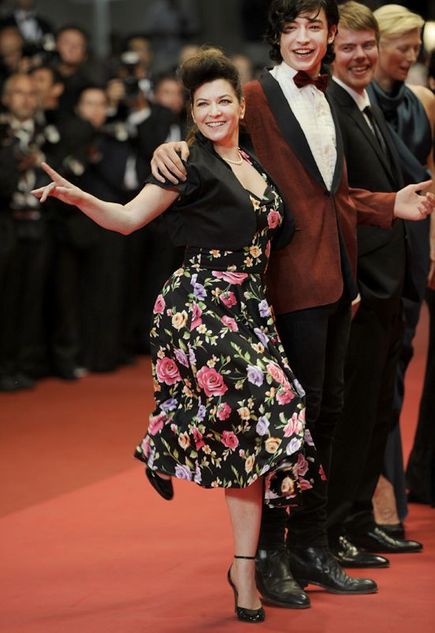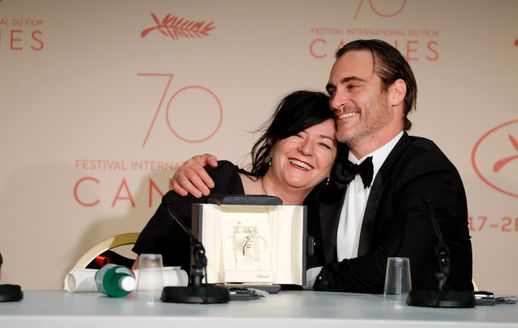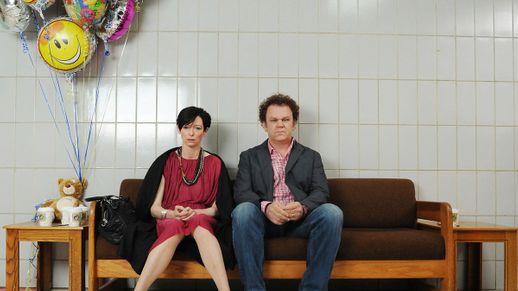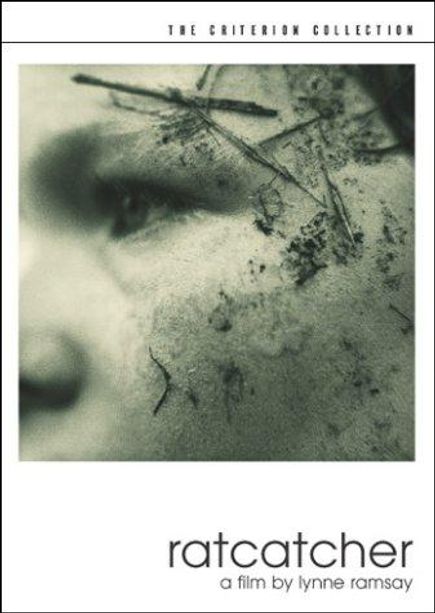In 1955, the French director made La Pointe courte, her first feature film, and one that was noticed by the critics. Three years later, at the age of only 30, Agnès Varda made her appearance in the Short Film Competition with Ô saisons ô châteaux, a 22-minute documentary on the castles of the Loire. For both the filmmaker and the Festival, it marked the beginning of a long partnership.
In 1962, she entered the Feature Film Competition for the first time with Cléo de 5 à 7 (Cleo from 5 to 7). This portrait of a young Parisian chanteuse quickly became a New Wave classic. Sixty years after her first steps at Cannes, Varda received an Honorary Palme d’or in 2015 for the entirety of her career. Today, one of the theatres of the Palais des Festival bears her name.
“Unlike a lot of filmmakers for whom short films are a sort of springboard towards feature films, I have often made short films, and that’s what they are – films! You can tell stories or express emotions, discoveries, instants, which are imagined in a short duration.”
Agnès Varda (source: Ciné-Bulles)
